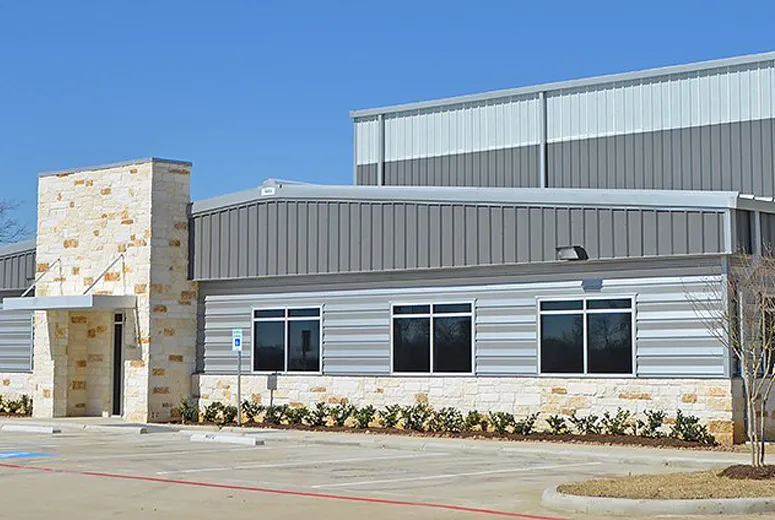- Afrikaans
- Albanian
- Amharic
- Arabic
- Armenian
- Azerbaijani
- Basque
- Belarusian
- Bengali
- Bosnian
- Bulgarian
- Catalan
- Cebuano
- Corsican
- Croatian
- Czech
- Danish
- Dutch
- English
- Esperanto
- Estonian
- Finnish
- French
- Frisian
- Galician
- Georgian
- German
- Greek
- Gujarati
- Haitian Creole
- hausa
- hawaiian
- Hebrew
- Hindi
- Miao
- Hungarian
- Icelandic
- igbo
- Indonesian
- irish
- Italian
- Japanese
- Javanese
- Kannada
- kazakh
- Khmer
- Rwandese
- Korean
- Kurdish
- Kyrgyz
- Lao
- Latin
- Latvian
- Lithuanian
- Luxembourgish
- Macedonian
- Malgashi
- Malay
- Malayalam
- Maltese
- Maori
- Marathi
- Mongolian
- Myanmar
- Nepali
- Norwegian
- Norwegian
- Occitan
- Pashto
- Persian
- Polish
- Portuguese
- Punjabi
- Romanian
- Russian
- Samoan
- Scottish Gaelic
- Serbian
- Sesotho
- Shona
- Sindhi
- Sinhala
- Slovak
- Slovenian
- Somali
- Spanish
- Sundanese
- Swahili
- Swedish
- Tagalog
- Tajik
- Tamil
- Tatar
- Telugu
- Thai
- Turkish
- Turkmen
- Ukrainian
- Urdu
- Uighur
- Uzbek
- Vietnamese
- Welsh
- Bantu
- Yiddish
- Yoruba
- Zulu
Sep . 22, 2024 06:15 Back to list
Understanding Shed Frames A Comprehensive Guide
Shed frames are fundamental structures that provide support and stability to garden sheds, storage units, workshops, and other outdoor buildings. A shed frame not only ensures that the shed stands upright but also forms the backbone of its overall design and durability. In this article, we’ll explore the different components, materials, and construction techniques involved in creating a robust shed frame.
At its core, a shed frame typically consists of four key components the base, walls, roof, and bracing. The base serves as the foundation and is often constructed from treated lumber or concrete blocks to resist moisture and rot. It must be level and stable to prevent any structural issues later on. The choice of materials for the base ultimately depends on the shed's intended location and purpose.
The walls of the shed frame are generally made from vertical studs that are spaced at regular intervals, often 16 or 24 inches apart
. A common material for the studs is 2x4 or 2x6 lumber, which provides sufficient strength to support the roof and hold the shed's contents. For enhanced insulation and aesthetics, exterior sheathing such as plywood or OSB (oriented strand board) is attached to the exterior of the wall studs, providing a solid surface for siding or other finishes.shed frame

When it comes to the roof, the frame often incorporates rafters or trusses, which serve to distribute the weight of snow and rain while allowing for a sloped design to facilitate runoff. The materials used for roofing can vary widely, ranging from metal sheets and shingles to more traditional tiles, based on the shed's style and the homeowner's preferences.
Additionally, bracing is a crucial aspect of shed frame construction. It involves the use of diagonal supports or cross-bracing to reinforce the walls and prevent swaying and racking. Bracing can be made from wood or metal and is especially important for larger sheds that may be subject to stronger winds or heavier loads.
One of the most significant advantages of building a shed frame is the flexibility it provides. Homeowners can customize their shed according to specific needs, whether that includes additional shelving, windows, or doors. Furthermore, proper planning and use of high-quality materials can extend the lifespan of the shed significantly, making it a wise investment.
In conclusion, understanding the components and construction techniques of shed frames is essential for anyone looking to build a robust and functional shed. By focusing on quality materials, careful design, and proper bracing, builders can create a structure that not only meets their needs but also withstands the test of time. Whether you're an avid gardener in need of extra storage or a craftsman requiring a workshop, a well-built shed frame is the first step toward achieving your vision. So gather your tools, plan your design, and let your creativity take flight as you embark on this rewarding project!
-
How Do Prefabricated Steel Structures Transform Modern Construction?
NewsJul.14,2025
-
How Do Prefabricated Metal Buildings Redefine Modern Construction?
NewsJul.14,2025
-
How Do Prefab Insulated Metal Buildings and Steel Structures Revolutionize Modern Construction?
NewsJul.14,2025
-
How Do Pre - Engineered Steel Structures Redefine Modern Construction?
NewsJul.14,2025
-
Advancing Modular Construction with Prefabricated Metal Structures
NewsJul.14,2025
-
Advancing Industrial Infrastructure with Prefabricated Steel Solutions
NewsJul.14,2025
Products categories
Our Latest News
We have a professional design team and an excellent production and construction team.












